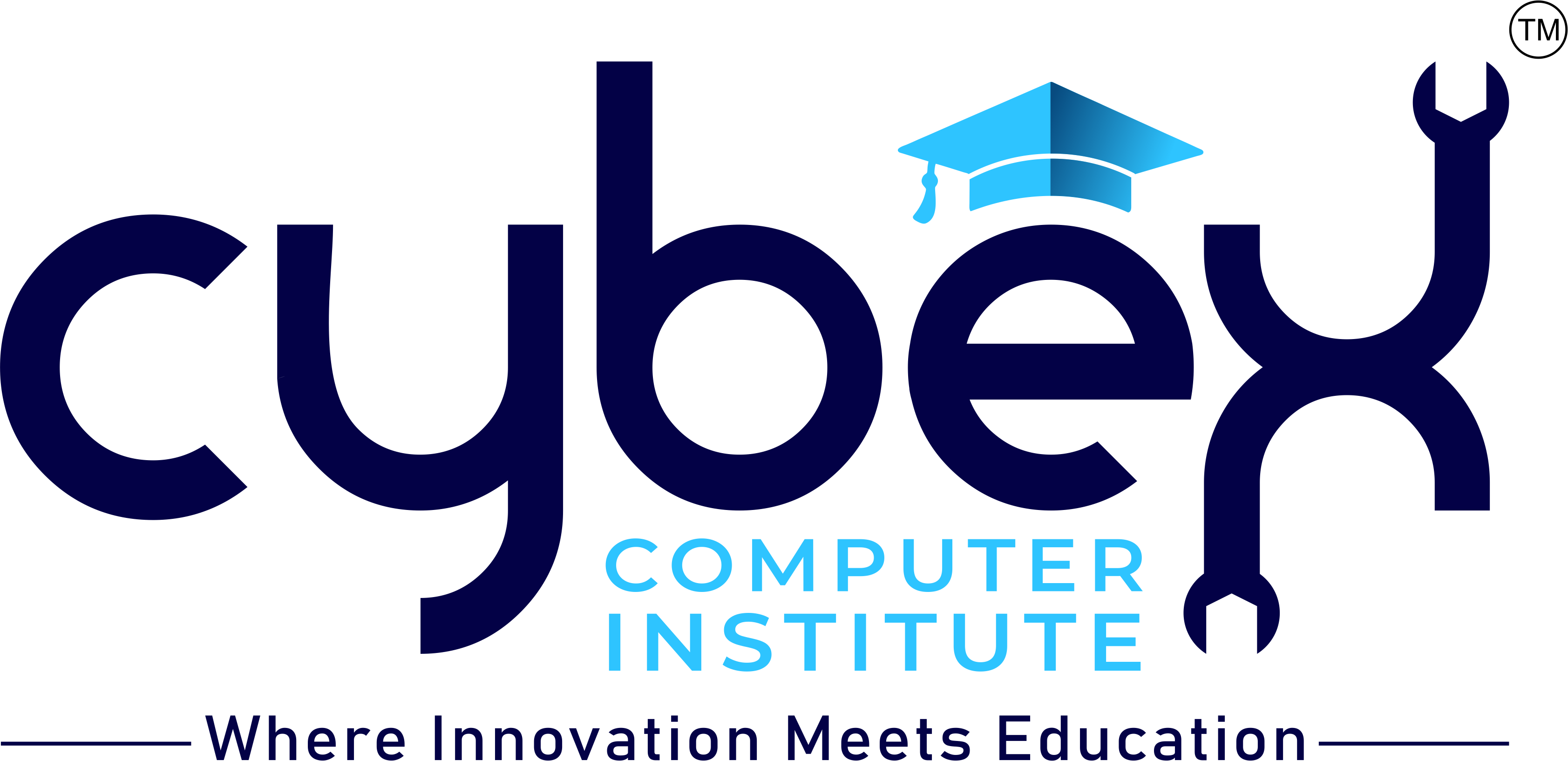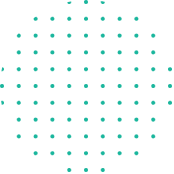This C++ course is designed to offer a thorough and in-depth exploration of one of the most powerful and versatile programming languages in use today. C++ is renowned for its performance, efficiency, and flexibility, making it a staple in various domains such as software development, game design, and system-level programming. This course aims to equip students with a robust understanding of C++ by covering fundamental concepts and progressively introducing more advanced topics.
Course Outline:
- Introduction to C++:
- Overview of the C++ language, its history, and its evolution from C.
- Understanding the role of C++ in modern programming and its applications.
- Basic Syntax and Structure:
- Learning the basic syntax, including data types, variables, and operators.
- Introduction to the structure of a C++ program and how to compile and run code.
- Control Flow:
- Detailed exploration of control flow mechanisms such as conditionals (if, else, switch) and loops (for, while, do-while).
- Practical exercises to reinforce the use of control flow in problem-solving.
- Functions:
- Understanding function declaration, definition, and invocation.
- Concepts of function overloading, default arguments, and recursion.
- Emphasis on modular programming and code reusability.
- Object-Oriented Programming (OOP):
- Introduction to the principles of OOP: classes, objects, inheritance, polymorphism, encapsulation, and abstraction.
- Designing and implementing classes and objects.
- Exploring constructors, destructors, and operator overloading.
- Advanced Object-Oriented Concepts:
- Deep dive into inheritance and its types (single, multiple, and hierarchical).
- Understanding virtual functions and dynamic binding.
- Exploring design patterns and their applications in C++.
- Memory Management:
- Overview of memory management in C++, including dynamic allocation and deallocation.
- Understanding pointers, references, and memory leaks.
- Safe memory handling practices using smart pointers and RAII (Resource Acquisition Is Initialization).
- Templates and Generic Programming:
- Introduction to templates and their use in creating generic functions and classes.
- Understanding template specialization and template metaprogramming.
- Standard Template Library (STL):
- Exploring the STL, which includes various template classes and functions such as vectors, lists, maps, and algorithms.
- Practical applications of STL containers and algorithms.
- File Handling and I/O Streams:
- Techniques for reading from and writing to files.
- Using C++’s I/O stream library for handling input and output operations.
- Exception Handling:
- Understanding exception handling mechanisms in C++ using try, catch, and throw.
- Writing robust code with proper error handling and exception management.
- Advanced Topics:
- Exploration of multithreading and concurrency.
- Introduction to modern C++ features (C++11, C++14, C++17, and beyond).
Learning Outcomes:
By the end of this course, students will have a solid understanding of C++ programming, including the ability to write efficient, maintainable, and reusable code. They will be well-equipped to tackle real-world programming challenges, contribute to complex software projects, and apply their C++ knowledge in various domains such as game development, system programming, and software engineering.
This course is ideal for aspiring programmers, computer science students, and professionals looking to enhance their programming skills with C++. Whether you are new to programming or seeking to deepen your understanding of C++, this comprehensive course will provide the knowledge and skills necessary to excel in the field.




